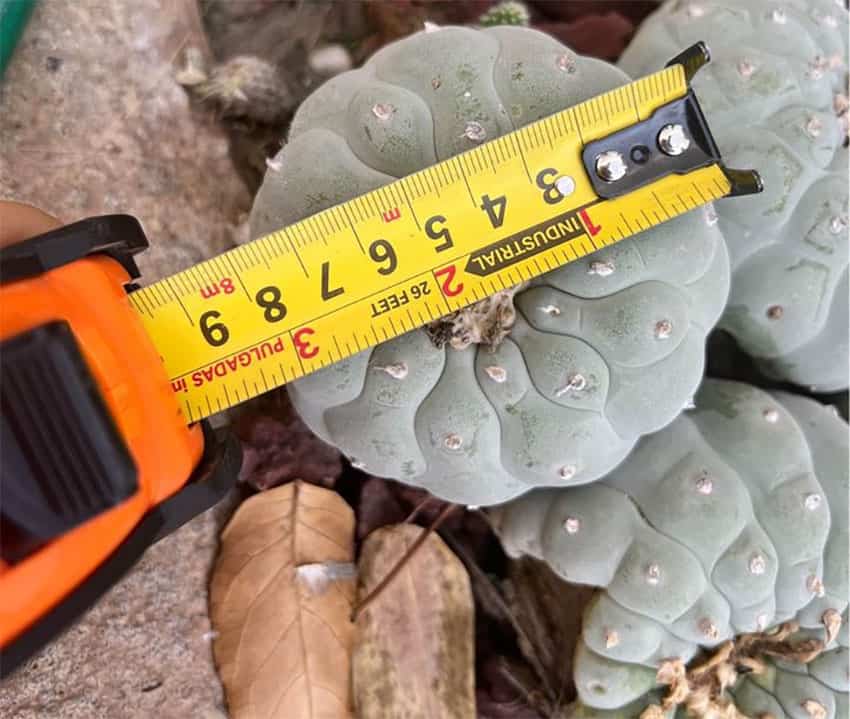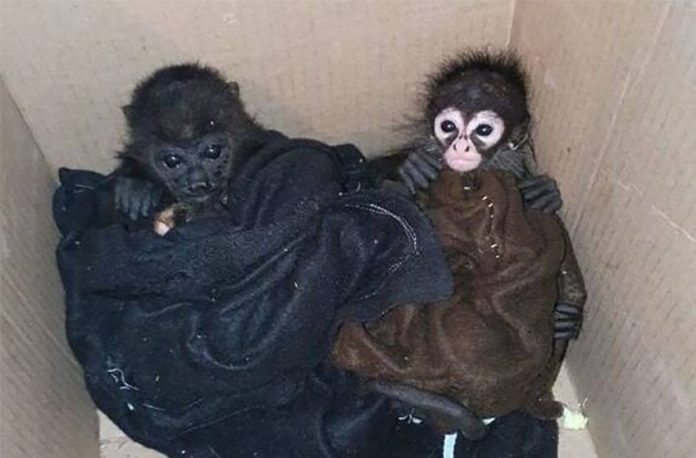Illegal wildlife trafficking is rampant in Mexico, according to a study carried out by the Center for Biological Diversity (CBD). The CBD filed a complaint on Wednesday with Mexican state prosecutors, alleging that authorities are largely turning a blind eye to the practice.
“Wildlife trafficking in Mexico is out of control,” the report stated.
Researchers launched an undercover investigation between May and August, visiting markets, scouring digital platforms and interviewing experts.
Several species protected by law, including jaguars, howler monkeys, toucans, parakeets, iguanas, African lions, and Bengal tigers, are openly bought and sold, mainly through social networks such as Facebook and TikTok. While the sale of exotic plants and animals is illegal on these platforms, fake profiles make it difficult to enforce.

Existing legislation in Mexico also makes the problem challenging to address, as the relevant authorities are often complicit in the crime. The study found that the country’s Management Units for the Conservation of Wildlife (UMAs) and Farms that Manage Wildlife (PIMVS) actively participate in the illegal trade alongside organized crime groups. The market is estimated to be worth US$100 billion per year.
“It is really very easy to buy a toucan, a howler monkey or a sloth illegally in our country,” said Alejandro Olivera, the Mexico representative for the CBD.
The Federal Attorney for Environmental Protection (Profepa) cannot determine the whereabouts of most wildlife that is trafficked, with an estimated 97% of cases going unsolved. This amounts to between about 123,000 and 290,000 animals or plants.
The illegal trafficking of exotic wildlife is negatively affecting Mexico’s highly diverse ecosystem as the population of in-demand species rapidly declines. While most of the animals are sold as pets, species such as sea cucumbers and totoabas are sold for consumption as food or medicine.

“As more and more animals are uprooted from their natural habitat, it becomes more difficult to bring back species in sharp decline,” Olivera said.
Prior to 2019, there was an office within Profepa specifically dedicated to curbing wildlife trafficking. However, it was eliminated due to the Lopez Obrador administration’s austerity measures. Environmental authorities have also experienced budget cuts, impacting its ability to carry out the necessary enforcement.
“Budget cuts to the environmental agency responsible for verifying, monitoring and inspecting the sale of wildlife in Mexico have allowed the problem to continue,” the report said.
Once introduced to the illegal trade, the death rate of the animals is extremely high. About 77% die before being sold to the final consumer, according to the report.
The CBD made a series of recommendations to combat the illegal wildlife trade, including increased government oversight, more resources to the relevant authorities, and collaborative agreements between the Mexican government and the online platforms where the crime is carried out.
